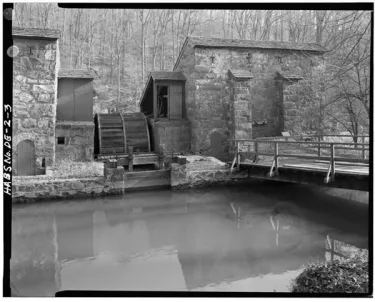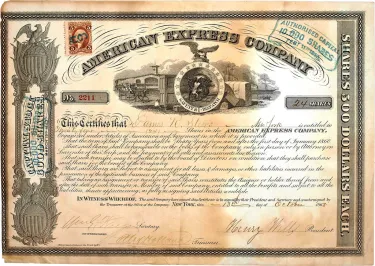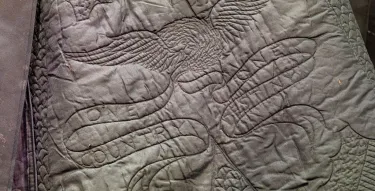
Sure, you know that household names like DuPont, American Express and Brooks Brothers have been around forever – but did you know that each of these companies played an active part in the American Civil War? All three brands had complex interests and allegiances. All three lent support to the Union in America's greatest conflict. Here's a head-tilting story about each, courtesy of research by James M. Schmidt.
Two Confederate Diplomats and a Chemist Businessman Cross the Atlantic
If you're familiar with the Trent Affair, you probably know that President Abraham Lincoln defused this potentially explosive situation by releasing the two diplomats who'd been captured en route to ask Britain and France to support the Confederacy. In so doing, the Union avoided entering into war with Britain and its powerful navy. What you may not know is how close that situation brought the Union to losing their ability to make gunpowder in the bargain.

Three days before the RMS Trent was intercepted, Lammot du Pont – grandson of E. I. du Pont, founder of the chemical company that still exists today – set sail for Europe. Officially representing his family's business, du Pont was also engaged as a confidential Union agent charged with securing 3 million pounds of saltpeter, a key component of the gunpowder his family produced. Du Pont was well on his way to accomplishing his mission when word of the Trent Affair reached England. His shipment was put on hold as the British government considered a retaliatory ban on exports.
Du Pont sailed back to the U.S. with an update on his mission, which helped persuade Lincoln to meet England's demands. Crossing the pond once more, du Pont's next move was to threaten to "begin 'dumping' his stores on the market at a loss." Strings were pulled to avoid this disruption of the market, and the Union got their saltpeter.
Absentee Voting, Courtesy of American Express
The year was 1864, and well over a million Americans roamed far from home – including several hundred thousand New Yorkers. It was up to New York's secretary of state, Chauncey Depew, to make it possible for those distant soldiers – many of them in enemy territory – to vote. After losing time to red tape as he attempted to locate the many units on the field, Depew finally left Washington "with a list and location of every organization of New York troops."

Depew then "summoned the officers of the express companies of that day," who told him it wouldn't be possible to deliver the ballots in time for the soldiers to vote in the upcoming election. Luckily, Depew had one more card up his sleeve. He reached out to John Butterfield, the co-founder of American Express (and father of Union General Daniel Butterfield), who came out of retirement to make the impossible possible. Undertaking "to arrange through the various express companies, by his own direct super-intendence, to secure the safe delivery in time to every company," Butterfield gave hundreds of thousands of soldiers a voice in their democracy.
"One Country, One Destiny."
Brooks Brothers, already a household name at the time of the Civil War, presented President Lincoln with a one-of-a-kind Greatcoat "made of wool finer than cashmere" to commemorate his second inauguration. Lined with an elaborate, hand-stitched design featuring stars, stripes, and a bald eagle, the coat was a favorite of Lincoln's for special occasions. He was wearing it at Ford's Theatre on the fateful April night that would be his last, less than a week after Robert E. Lee's surrender at Appomattox Court House.

In the aftermath of her husband's assassination, Mary Todd Lincoln gave the clothes he wore that night to White House doorkeeper Alphonso Donn. According to Schmidt, "Donn cherished the garments and refused many offers to buy the clothes, including a $20,000 offer from P.T. Barnum." Amazingly, Lincoln's clothes remained with the Donns for over a century, though family members tried several times to sell them. In one of these attempts, a "mysterious stranger" paid "a few thousand dollars" to purchase the clothes at auction and return them to their reluctant yet conscientious custodians.
Finally, in 1967, Iowa congressman Fred Schwengel arranged for a private gift from American trucking interests to secure the garments and compensate Donn's descendants for their safekeeping. The greatcoat was cleaned, restored and exhibited at a reopened Ford's Theatre, where it remains to this day.
There are more fascinating stories of modern brands in America's greatest conflict in James M. Schmidt's book, Lincoln's Labels: America's Best Known Brands and the Civil War. You can also learn more about the Civil War here.





